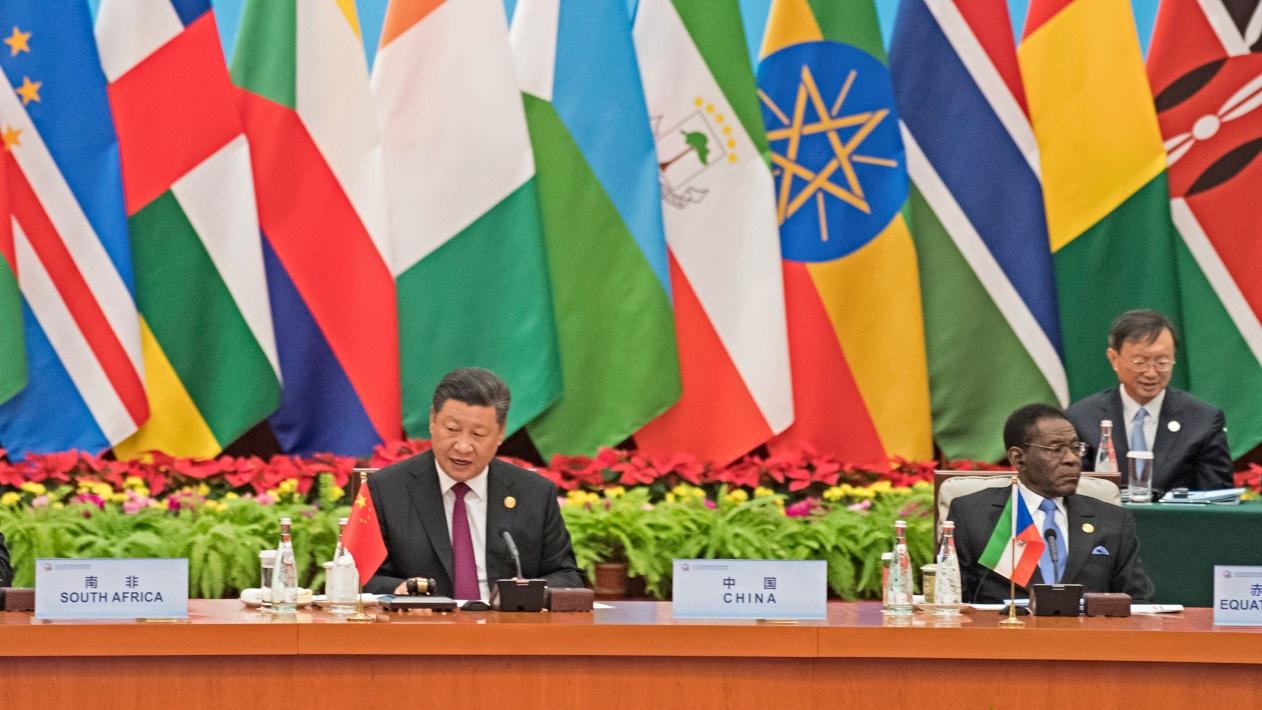Although most Africans in East Asia travelled to China in the past two decades, some found themselves in Chinese cities because they could not reach their planned country in the region. Disrupting how we think about transit and destinations, this experience positions China as a perceived dreamland and an accidental destination.
A question that comes to mind when interviewing migrants is what motivates them to “choose” their destination. I posed the question to Ngozi, a 38-year-old Nigerian woman in 2017, as part of my research into the migration and settlement experiences of Nigerians in Guangzhou, China. Ngozi, however, told me, “I did not decide,” but rather the authorities prevented her from entering her desired destination. She continued: “They did not allow me to enter the place I was heading to, so they transferred me to China. I was going to Hong Kong.”
The story of Ngozi and other Nigerians like her in China is an essential dimension of becoming an African in the country, which is less discussed in the literature on African migrations in East Asia.
China is well-recognised as a choice destination for Africans migrating to East Asia, a “Promised Land” of sorts, including cities like Guangzhou, which hosts over 20,000 Africans of varied nationalities. However, the interest of Africans in East Asia extends beyond mainland China to include Japan, South Korea and Taiwan, and Chinese autonomous territories like Hong Kong and Macau. In 2012, 12,039 foreigners in Japan were of African origin, while 14,000 were in South Korea in 2015. There is therefore not a single Promised Land in East Asia but many. Indeed, some African migrants are motivated to enter these other destinations but become stuck along the way, with a supposed transit space turning into a destination.
How do Africans become stuck and experience this significant immobility condition? The experiences of Nigerians spoken to in Guangzhou reveal a critical and circumstantial but rarely scrutinised way through which African migrations to China have unfolded in the past twenty years.
Journey truncation and passport appropriation: getting stuck in Guangzhou City
Ngozi had planned to migrate to Hong Kong but was stopped from entering because she did not have the appropriate documentation. And she is not the only person with this experience. Like Ngozi, Benson and Ejimba left Nigeria with the hope of making it to South Korea and Hong Kong, respectively. However, they could not make it beyond Guangzhou.
Benson has been living in Guangzhou for more than 15 years. He originally planned to reach South Korea via China. A friend had convinced him this was possible, and he was looking forward to working in a lucrative factory job. “If you check back at the time around 2001, if you work in the factory there, it’s like $3,000 or $4,000 every month…” he recalled. However, lacking the necessary visa, his dream of reaching South Korea was truncated in Guangzhou.
Similarly, Ejimba managed to arrive at the Hong Kong border after spending a month in Guangzhou. Though a Nigerian, Ejimba was carrying a Mozambican passport, which should give him free entry into Hong Kong. Nevertheless, like Ngozi, he was denied access because he did not have enough “show money” or business travel allowance – he arrived in China with $80.
These three stories revealed a pattern of journey truncation in which Nigerian migrants became stuck in Guangzhou. The issue of lacking documentation and “show money” affected two of them, and another could not proceed beyond Guangzhou because they lacked a visa to move forward.
Besides journey truncation, there is another way to get stuck: by using other countries’ international passports.
Eddy, a 39-year-old Nigerian man, was trapped in this situation, having procured a Malian passport to enter China. Many Nigerian migrants consider the Nigerian passport a burden. Eddy learned of this conundrum from returnees and circulating migrants. He acted to remove the barrier by travelling to Mali by road to acquire the passport he travelled with, knowing that “the Nigerian passport will just stop you in China.”
However, with his visa expiring after three months, Eddy needed an extension, which was impossible for him in mainland China. Consequently, he left to hibernate in Macao, forced to wait in the Chinese autonomous territory for another passport with the necessary visa to arrive.
Settling in unsettlement
The experiences of some Nigerians in Guangzhou show that transit spaces can turn into destinations when migrants are unable to reach their planned destinations. An essential aspect of contemporary international migration dynamics, getting stuck along the way produces twists and turns that rupture how we think about a destination and transit. Also, when a migrant tries to escape this condition, they can find themselves further stuck, as evidenced by Eddy’s decision to appropriate the identity document of Mali.
Despite being stuck, these Nigerian migrants employed varied emplacement tactics in Guangzhou. They used local and transnational networks to integrate economically, prolonged their stay with visa extensions, managed internal micro-mobilities to avoid detection and remained hopeful. However, this is best understood as “transit emplacement” as uncertainties and precarity characterised it. With their stuckedness and resulting immobility, the “going-forwardness” of these Nigerians had become disrupted. But getting stuck is not unique to China. Researchers working in the European Union context have shown similar experiences among Africans seeking to enter certain countries who are prevented by borders.
Afro-mobilities to East Asia are anchored towards multiple Promised Lands. Even though China hosts many of them, it is critical to underline the position of the country as both a dreamland and an accidental destination.
This blog is based on an article by Kudus Oluwatoyin Adebayo in Mobilities: “They did not allow me to enter the place I was heading to’: being ‘stuck-in-place’ and transit emplacement in Nigerian migrations to China” (2022).
Photo by Artem Podrez from Pexels.






Keep it up.
I had come across several articles about African migrants in Guangzhou, but I wasn’t aware of these nuanced aspects about transit destinations becoming permanent due to one reason or another. It’s quite interesting, thank you.
Why can’t the Africans build up their own economies and infra structure in their own countries without feeling the need to emigrate to countries throughout the world?
A very sad read, as seen from Southafrica.